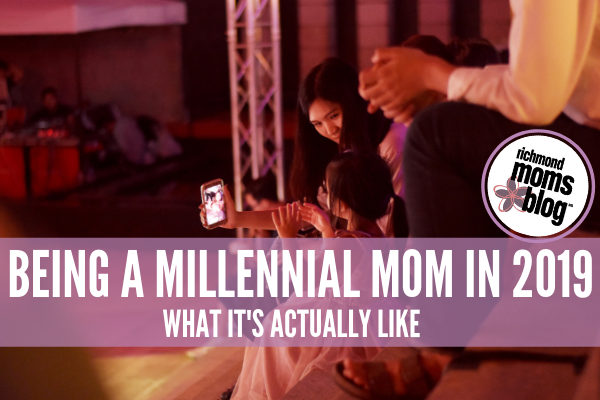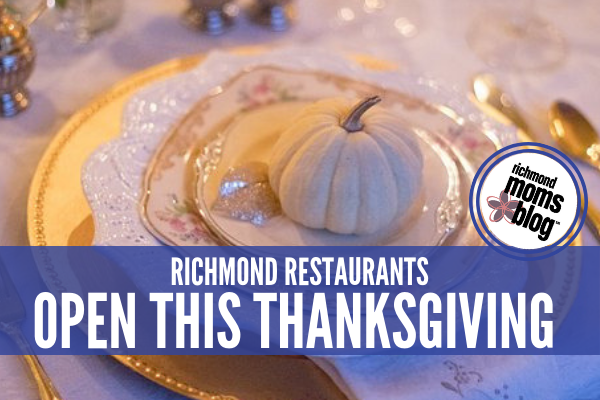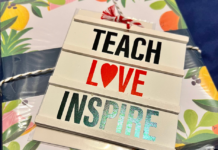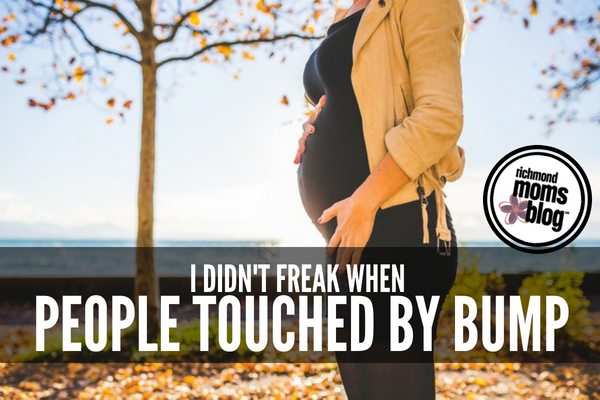We talk a lot about kindness in our house. Before my son went to kindergarten this year, we spent August reading books with great professions of kindness like We’re All Wonders, The Invisible Boy, and Spork. We talked about seeing others. About looking for someone who needs a friend. About learning how differences are beautiful.
Then he went to kindergarten.
The first week I could already see a pattern he had chosen. My straight-laced, rule-following boy had nestled in as friends with the kid who went to yellow and red on the behavior chart every day. When I asked him about it he simply responded, “He looked like he could use a friend and I can be that friend. And he’s really funny and nice, Mom.” And I froze.
This is exactly what I had encouraged him to do the month before. My heart swelled with warm feelings…and my stomach knotted with anxiety.
My son is a pleaser and I didn’t want him to adopt the behavior of the new friend. As the foundation of starting school, I didn’t want him to slip into behavior problems. Frankly, I didn’t want him to be affected by this new friend.
I wanted convenient kindness.
The kindergarten friendships just got harder for me.

There is another boy in his class that is, for lack of a better word, mean. He calls names and taunts and teases. He throws literal rocks on the playground. Most of the kids in the class have had enough and find other people to partner with. Not my son. He keeps giving him more chances and continues to be treated poorly.
One day the scales tipped when my son ran off the bus into my arms and started sobbing big, real tears about how he was treated at school.
My heart broke and my rage boiled. My internal dialogue filled with all the four-letter words.
Then, he looked up at me with swollen eyes and wet cheeks and said,
Gosh, Mom. He must feel really sad or mad on the inside to treat people that way.
And that’s it. In all of his five years of wisdom, he chose empathy over anger.
It didn’t change the fact that he was sad. It didn’t instantly heal his hurt. But he was ready to go back the next day and play again hoping the boy would make better choices.
Not me. Then and still now, I want to jump in. I want to scream and shout and demand that they never play together again. I want to look this other child in the eyes and state in no uncertain terms: leave. him. alone.
But then I hear the little voice saying, “He must feel really sad or mad on the inside to treat people that way.” And I know he is right.
I talk with my son about how being kind doesn’t give others a free pass to treat you poorly, but sometimes they will. We talk about how it’s ok to ask someone to treat you the way you want to be treated. We talk about how it’s ok to get a grownup involved when someone’s words or actions hurt you. The teacher has called me in for conferences about it. But I think it is all lost on him.
All he sees is someone who needs a friend and he offers unconditional kindness. Not my convenient kindness that is wrapped nicely with a bow.
His kindness is patient. It keeps no tally marks of wrongdoings. It has no room for pride.
Mine is…well, not. My kindness is polite. It doesn’t step on any toes. It shrinks back when conflict arises.
If I could choose his friends, I would choose them all to be kind and thoughtful. To all follow the rules and exemplify the best qualities. Friends who only challenge each other intellectually with fun riddles and laugh and skip together. These friendships are important but easy.
My son has shown me that the relationships that stretch us out of our convenient kindness are also important. The ones where others don’t act like we do. The ones where our feelings get hurt but we still show up.
Where can I choose empathy over anger? Where can I see past immediate actions to someone’s heart? I don’t know, but I’m sure my five-year-old can show me.









